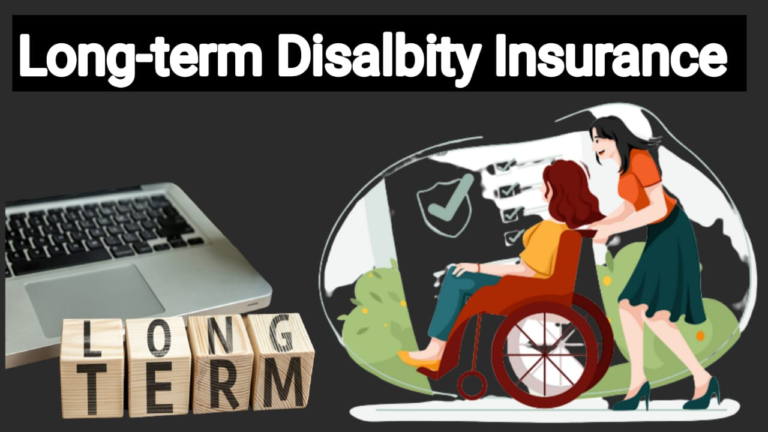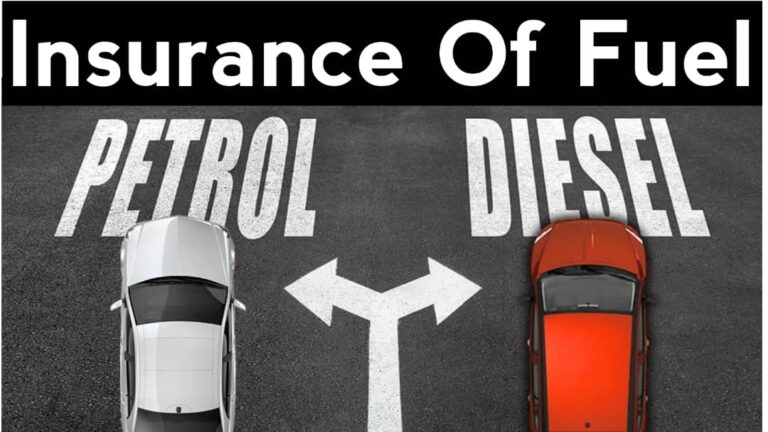INSURANCE OF HOUSES

Insurance for houses, commonly known as homeowners insurance or property insurance, is a type of insurance that provides financial protection against various risks that can affect residential properties. Here are some key points about house insurance:
Coverage: Homeowners insurance typically covers the physical structure of the house, as well as other structures on the property, such as garages or sheds. It also includes coverage for personal belongings inside the house, liability protection in case someone is injured on the property, and additional living expenses if the home becomes uninhabitable due to a covered loss.
Perils Covered: Homeowners insurance policies typically protect against a range of perils, including fire, theft, vandalism, windstorms, hail, lightning, and certain types of water damage (e.g., burst pipes). However, it’s important to review the policy carefully to understand the specific perils covered and any exclusions or limitations.
Optional Coverages: Homeowners insurance policies often offer optional coverages that can be added for an additional premium. These may include coverage for specific risks like earthquakes, floods, or sewer backups. It’s important to assess the risks specific to your area and consider adding these coverages if necessary.
Liability Protection: Homeowners insurance includes liability coverage, which can protect you if someone is injured on your property and decides to sue you for damages. This coverage helps pay for legal expenses, medical costs, and any court-awarded settlements or judgments, up to the policy limits.
Replacement Cost vs. Actual Cash Value: When insuring your house and personal belongings, you’ll encounter terms like replacement cost and actual cash value. Replacement cost coverage pays for the cost of repairing or rebuilding your home or replacing your belongings with new items of similar quality, without deducting for depreciation. Actual cash value coverage takes depreciation into account, meaning it pays the current value of your damaged or stolen items, taking into consideration their age and condition.
Factors Affecting Premiums: Several factors influence the cost of homeowners insurance premiums. These include the location of the house, its age and construction, the coverage limits chosen, the deductible amount, the presence of safety features (such as smoke detectors or security systems), and the policyholder’s claims history and credit score.
Homeowners Association and Condo Insurance: If you live in a community governed by a homeowners association (HOA) or own a condominium, there may be specific insurance requirements or coverage considerations. HOA insurance typically covers common areas and structures, while individual condo owners may need to secure insurance to cover their unit and personal belongings.
It’s important to note that specific insurance policies and coverages can vary among insurance providers and jurisdictions. When considering homeowners insurance, it’s advisable to consult with insurance professionals, compare different policies, understand the terms and conditions, and choose coverage that best suits your needs and circumstances.






